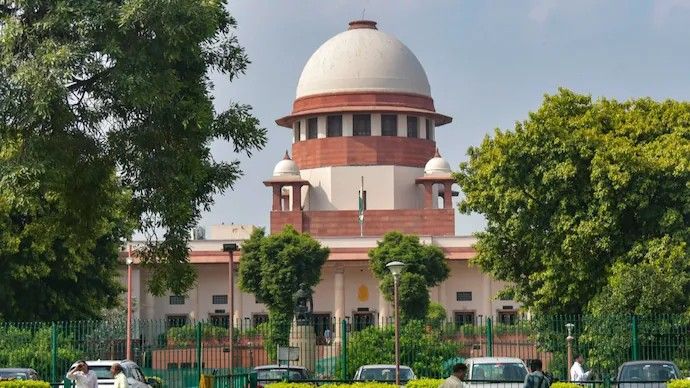India’s highest judicial body has invalidated the entirety of the 2016 teacher hiring procedure conducted by the West Bengal School Service Commission (SSC). A panel of the Supreme Court, comprising Chief Justice Sanjiv Khanna and Justice Sanjay Kumar, concluded that pervasive irregularities compromised the integrity of the selection process. The West Bengal government is now required to execute a new, transparent hiring campaign within a strict 90-day window.
Prioritizing Integrity Over Operational Continuity
This judgment reinforces the prior determination made by the Calcutta High Court, which identified significant corruption within the 2016 hiring. The Supreme Court’s ruling effectively terminates the positions of approximately 26,000 instructors, demanding that those who secured their roles through improper channels repay their earned wages.
The court further stipulated that all future hiring endeavors by the state government must adhere to rigorous standards of impartiality and accountability.
Disintegration of Trust in the 2016 Hiring Process
The 2016 SSC hiring initiative was plagued by allegations of widespread misconduct. These included assertions that numerous candidates obtained teaching roles without submitting valid examination responses and that the ranking system was manipulated to favor specific individuals.
The Calcutta High Court, after thorough examination of the presented evidence, determined on April 22, 2024, that the entire hiring process was fundamentally flawed, leading to its cancellation.
State’s Appeal
The West Bengal government subsequently appealed this verdict to the Supreme Court, arguing that the abrupt termination of such a large number of teaching positions would severely disrupt the state’s educational framework.
However, the Supreme Court, after careful deliberation, upheld the High Court’s ruling, prioritizing the preservation of public hiring integrity over operational continuity.
Key Judicial Observations
During the Supreme Court hearings, the Central Bureau of Investigation (CBI) presented compelling proof of widespread corruption. This included instances where candidates secured employment without even taking the required examinations.
A particularly notable finding was the discovery that original Optical Mark Recognition (OMR) sheets, crucial for verifying candidate responses, were missing, rendering the results unverifiable.
Directives for Remediation
The Supreme Court also emphasized the insurmountable challenge of accurately differentiating between legitimately qualified candidates and those who obtained positions through fraudulent means. This was due to the severe absence of verifiable records. Consequently, the court deemed the entire 2016 hiring process irredeemable and mandated a complete re-execution.
Furthermore, individuals found to have benefited from fraudulent appointments are required to reimburse their salaries, along with 12% annual interest, within a four-week period.
Broader Implications
This decision has caused significant distress among the affected educators, many of whom have dedicated substantial years to their profession. While the Supreme Court’s judgment aims to restore public faith in the state’s hiring practices, it also presents a considerable logistical challenge for the West Bengal government.
Urgent Implementation of Transparent Re-Hiring
The state government is now tasked with the urgent responsibility of organizing and conducting a new, transparent re-hiring process within the mandated 90-day timeframe. This ruling also serves as a critical reminder of the importance of maintaining the integrity of public sector employment, ensuring that future processes are conducted with maximum fairness and transparency.


